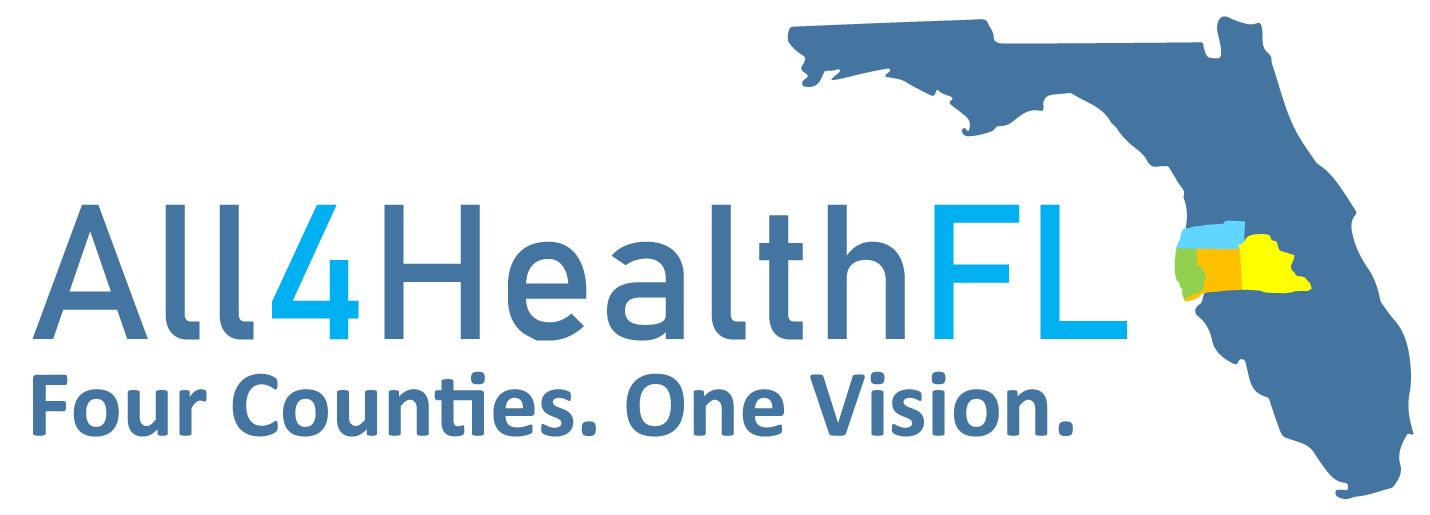Promising Practices
The Promising Practices database informs professionals and community members about documented approaches to improving community health and quality of life.
The ultimate goal is to support the systematic adoption, implementation, and evaluation of successful programs, practices, and policy changes. The database provides carefully reviewed, documented, and ranked practices that range from good ideas to evidence-based practices.
Learn more about the ranking methodology.
Filed under Evidence-Based Practice, Health / Physical Activity, Children
Goal: The goal of the MEND program is to reduce obesity levels in children by offering free healthy living programs that aim to encourage small lifestyle changes that improve health.
Impact: The MEND program was successful in reducing waist circumferences and BMI scores while increasing cardiovascular fitness, physical activity, and self esteem in children placed within the intervention group. The results of this study suggest that the MEND program is a promising intervention to combat rising child obesity rates.
Filed under Good Idea, Environmental Health / Built Environment, Children, Teens, Adults, Families, Rural
Goal: The goal of the Mineral Belt Trail is to provide safe access throughout Leadville, CO to schools, historic areas, and natural landscapes.
Filed under Good Idea, Environmental Health / Built Environment, Children, Teens, Adults, Families
Goal: The goal of the Mispillion River Greenway is to provide new transportation options for downtown travel and encourage reinvestment in the business district.
Filed under Good Idea, Health / Cancer
Goal: The goal of this project is to educate citizens, health professionals, researchers, and policy makers about cancer in Missouri. Complete, timely, and high-quality data are essential for conducting research and responding to public concerns about cancer incidence in their communities.
Filed under Effective Practice, Health / Oral Health, Children, Teens, Adults, Women, Men, Older Adults, Families, Racial/Ethnic Minorities, Urban
Goal: The goal of Missouri’s Community Water Fluoridation Program is to prevent dental caries and to reduce the associated health costs.
Filed under Effective Practice, Community / Civic Engagement, Children, Teens
Goal: Mix It Up seeks to create inclusive school communities by breaking down social barriers and conflicts that lead to bullying and violence.
Filed under Good Idea, Health / Physical Activity, Children, Families
Goal: The Northern Michigan Diabetes Initiative is a regional collaboration dedicated to prevention, early detection, and management of diabetes. The Healthy Family Backpack Program connects with youth and their parents to educate participants on proper nutrition and promote healthy lifestyles to reduce childhood obesity.
Impact: The Northern Michigan Diabetes Initiative has distributed nutritional education materials to over 300 families. Of ninety-two families that set a healthy goal at the start of the program, forty-five continued to maintain that goal at the two-month mark.
Filed under Evidence-Based Practice, Health / Diabetes, Rural
Goal: The overall goal is to reduce the prevalence of diabetes and improve the care of people with diabetes by improving provider education.
Impact: The results indicate that a half-day site visit with an experienced diabetologist can lead to sustained, improved glycemic and lipid control in previously-uncontrolled diabetic patients. The online iDose tool provides an easy way for healthcare providers to calculate insulin dosage.
Filed under Effective Practice, Education / School Environment, Children, Teens
Goal: The mission of the Sponsor-A-Mind® program is to supply underprivileged school children and classrooms in less affluent neighborhoods with the basic materials needed to exist and thrive in education.
Filed under Effective Practice, Community / Domestic Violence & Abuse, Families
Goal: The mission of DAIP is to provide advocacy on behalf of battered women. DAIP staff provide information and assess the women's safety regardless of the situation, but they also offer advocacy at three key time periods: immediately after police intervention and arrest, throughout the court proceedings, and after case disposition. The advocates offer support and information about available community resources, explain the criminal court process, describe the civil court remedies available, and obtain information from the women in order to serve as their liaisons to the legal system and to ascertain the level of danger that each woman is in.
